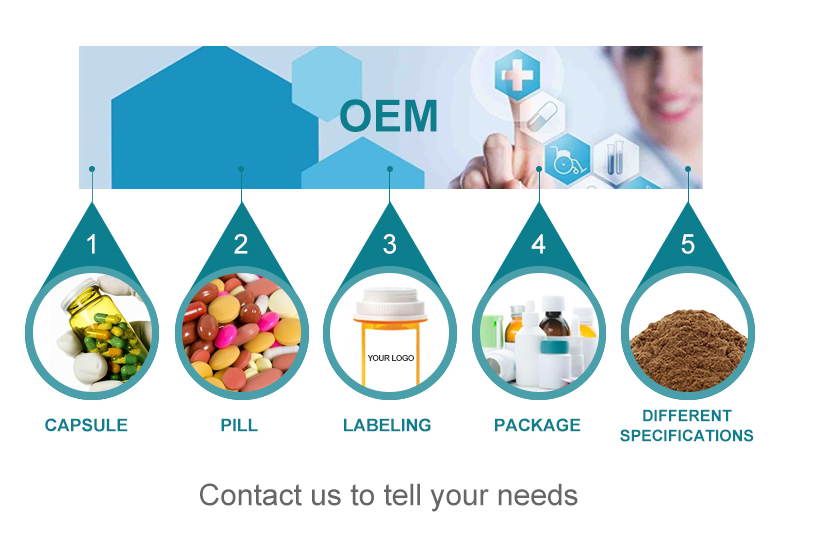1. Wheat Application Method
During the early stages of wheat growth—such as the green-up phase, early jointing, early booting, early flowering, and early grain filling—apply 400 grams per acre. Dissolve the product thoroughly in 75 to 150 times the volume of water before spraying. This ensures even distribution and optimal absorption by the plant, promoting strong growth and better yield.2. Rape Application Method
For rapeseed, apply potassium dihydrogen phosphate (also known as monoammonium phosphate) during pre-emergence and post-emergence stages. Spray twice with a mixture of 200 grams of the product in 30 liters of water per acre. During the flood season, repeat this application. In the flowering to maturity stage, spray once every 10 days using 400 grams of the product in 50 liters of water per acre. This helps improve seedling development, reduces disease occurrence, and significantly increases yield and quality.3. Tea Application Method
During the growing season of tea plants, spray the solution once every 7 to 10 days at a concentration of 0.3%. Use approximately 50 to 100 grams of potassium dihydrogen phosphate (monoammonium phosphate) per acre. This treatment enhances resistance to drought, cold, and yellowing leaves, while also boosting both the yield and quality of the tea leaves.4. Vegetable Application Method (Cucumbers, Tomatoes, Beans, Eggplants)
At the seedling stage, spray twice with a 1% solution of potassium dihydrogen phosphate. When transplanting, dip the roots in a diluted solution or use it for root irrigation. Before flowering, spray again with 200 grams of the product in 30 liters of water per acre. After fruit set, continue spraying every 7 days using 400 grams of the product in 50 liters of water per acre. This method supports healthy growth, improves fruit setting, and enhances overall crop performance.Overall, these application methods are designed to optimize nutrient uptake and support plant health throughout different growth stages. Proper timing and correct dilution ratios are essential for achieving the best results. Whether for wheat, rape, tea, or vegetables, using potassium dihydrogen phosphate effectively improves resilience against environmental stress and boosts productivity.
Vitamin C is necessary for the formation of antibody and collagen, tissue repair (including some redox effects), metabolism of phenylalanine, tyrosine and folic acid, utilization of iron and carbohydrate, synthesis of fat and protein, maintenance of immune function, hydroxylation of 5-hydroxytryptamine, maintenance of vascular integrity, promotion of non heme iron absorption, etc. at the same time, vitamin C also has Antioxidant function, Anti free radicals, inhibit the formation of tyrosinase, so as to achieve whitening, light spot effect. In human body, vitamin C is a highly effective antioxidant, which is used to reduce the oxidative stress of ascorbate peroxidase (ascorbate peroxidase) Sch. There are also many important biosynthesis processes that require vitamin C participation.

Product Name: Vitamin C powder
Appearance: White fine powder
Identification: Positive
Acidity (PH): 2.4--3.0
Loss on drying: ≤0.2%
Residue on ignition: ≤0.10%
Sulphated ash: ≤0.10%
Heavy Metals: ≤10 PPM
Assay(C8H11NO3HCL): 99.0%-101.0%
Clarty and Colour of Solution: Meet the requirement
Chloride: 16.9%-17.6%

1. Common Cold Fighter
Why Choose us?

Product Recommended
Vitamin B2,Vitamin B6,Vitamin B12,Vitamin C
Xi'an Tian Guangyuan Biotech Co., Ltd. , https://www.tgybiotech.com